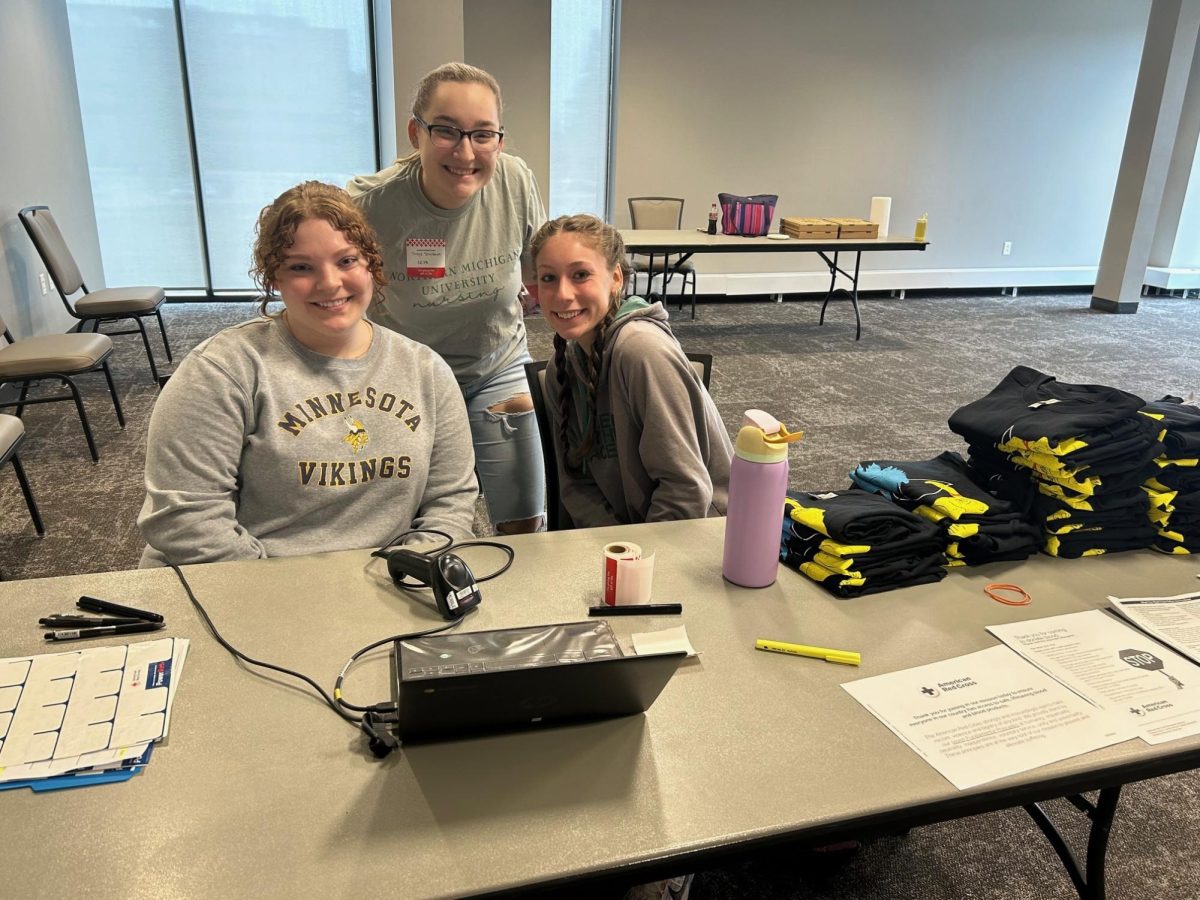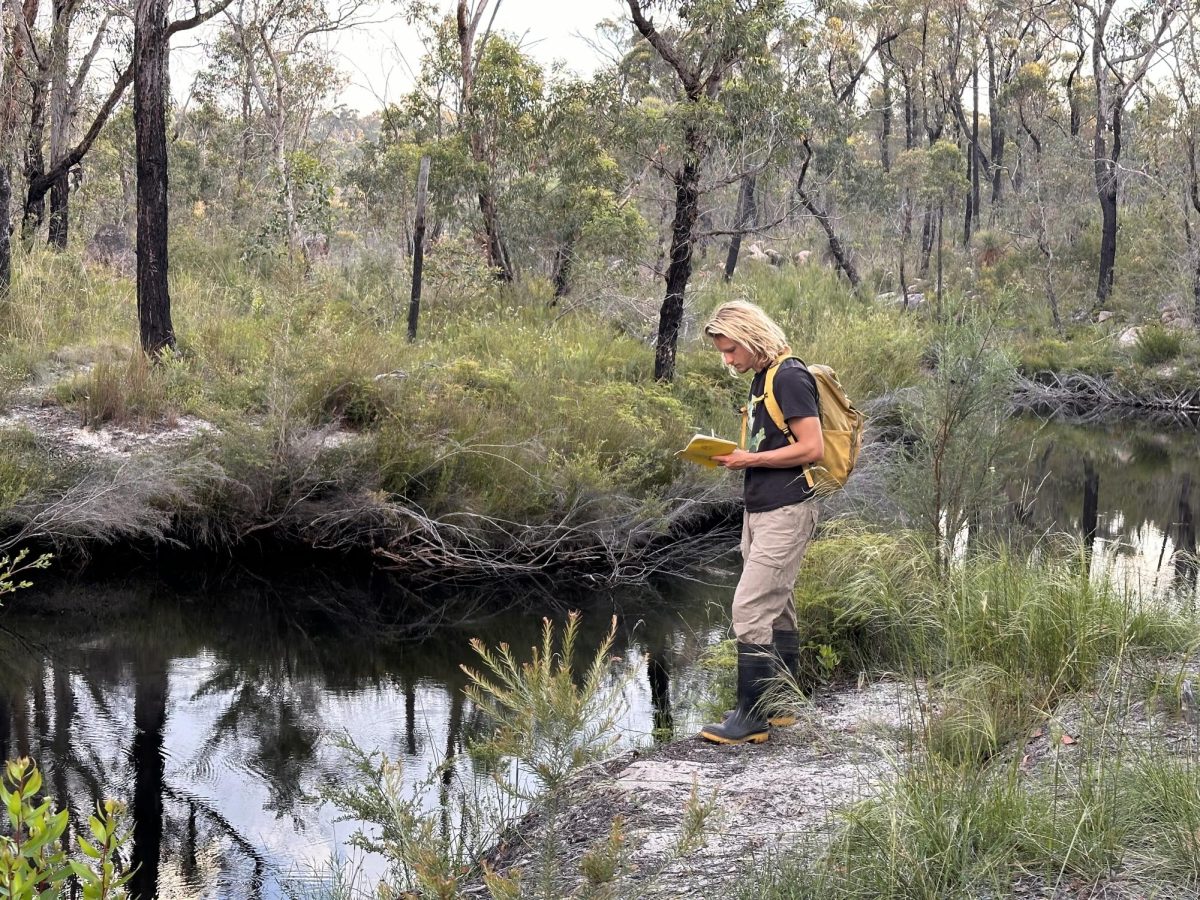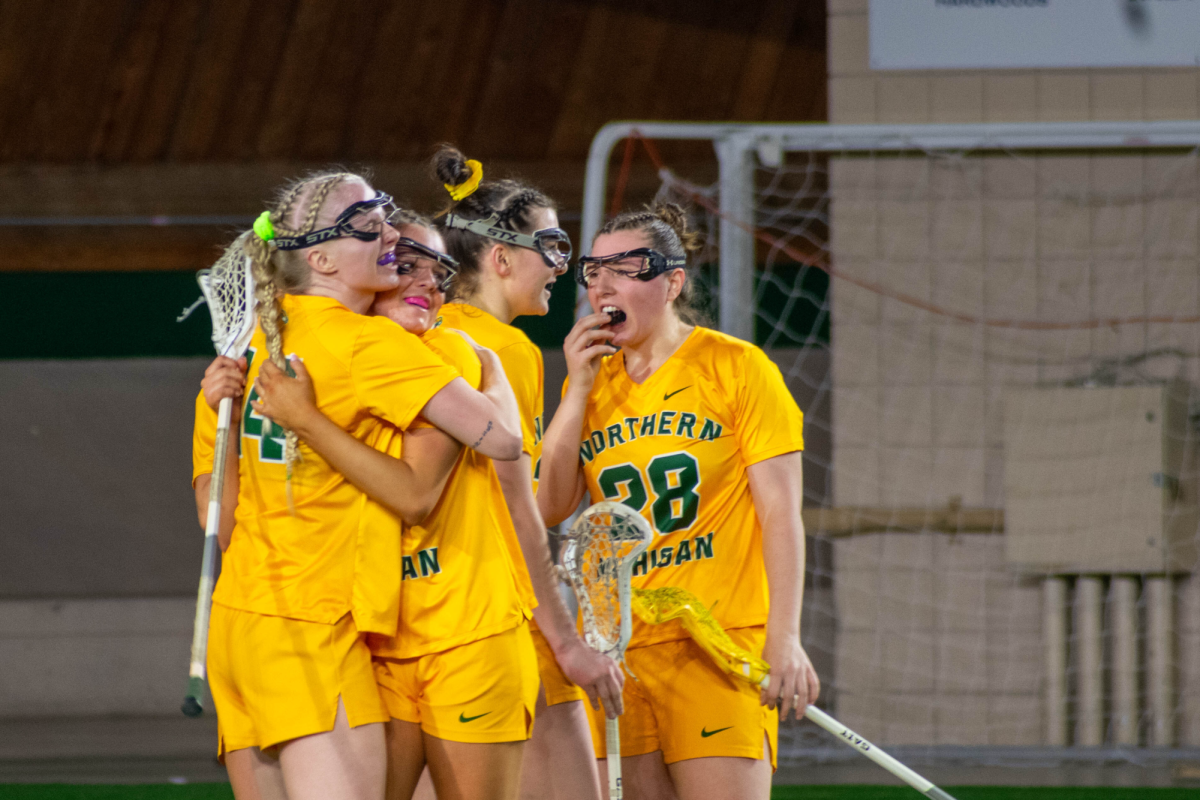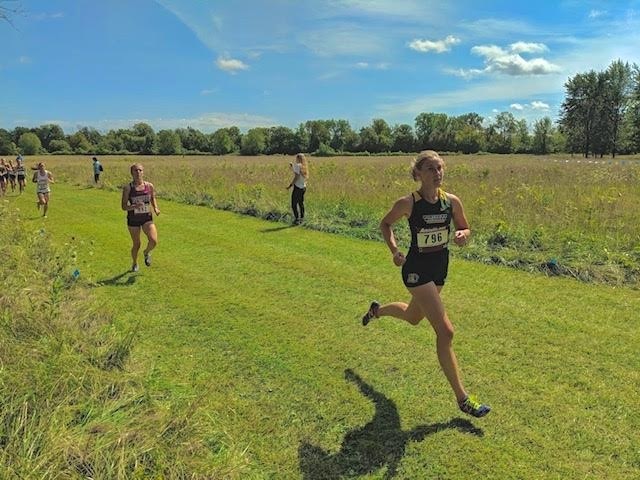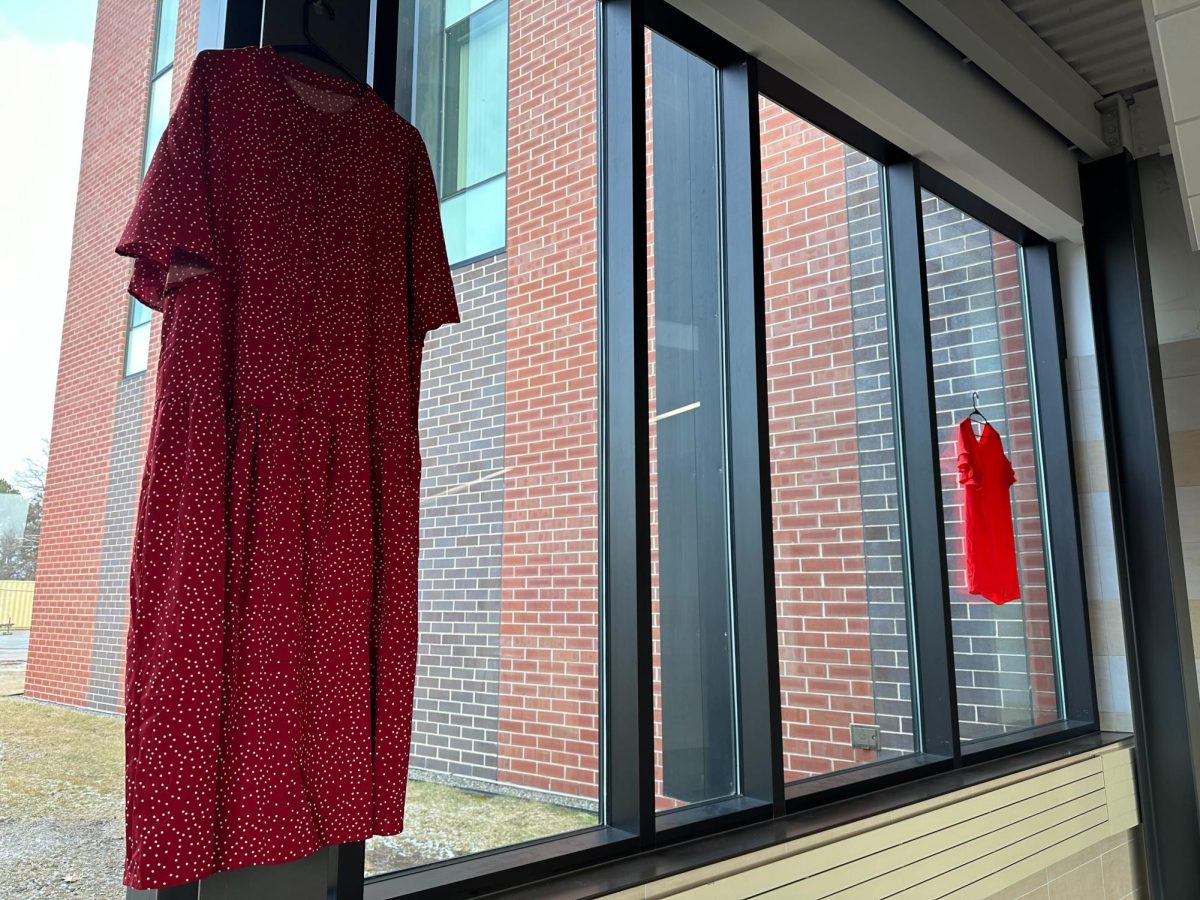Despite last week’s blizzard that shut down campus for two days, members of Students Against Silence (SAS) met in the Peter White Lounge of the University Center.
The issue: genocide awareness.
The topic: Darfur.
SAS is a national organization that often deals with issues such as suicide, mental health and global issues, but NMU’s chapter has elected to focus on raising funds to aid the citizens affected by the ongoing genocide in Darfur.
“It makes me mad that there are so many people that aren’t doing anything, and we’re trying so hard to do something and to make a difference,” Mallori Tonn said. A member since last year, Tonn said her anger is shared by many who feel unheard in the global fight against genocide.
There are currently 20 student members who belong to SAS, though many more students receive weekly e-mails about upcoming events.
“Student participation is very important,” Tonn said. “It is also important for the community to be involved, too.”
Each year, SAS students vote on which humanitarian organization will receive the money the group earns. This year’s profits will go to the Darfur Peace and Development Organization. Last year’s profits funded the showing of a documentary film called “Darfur Diaries” and other awareness projects, Tonn said.
On April 18, SAS will sponsor Darfur Awareness Day, a fundraiser aimed at spreading awareness about the war-scarred region in Africa. SAS members will be in the Academic Mall selling shirts for $1 each. The words “I Died in Darfur Today” will be spray-painted across the front. Students and faculty are encouraged to buy and wear the shirt all day.
“On April 18, I want to get the word out. I’d like people to be aware that there’s genocide happening — injustice in the world that no one’s really talking about,” said Steve Caird, who has been a member of SAS for the past year. “I think that by having a lot of people wearing the shirt that day, people will see this message over and over again.”
The conflict in Darfur began in 2003. Darfur is located in the western Sudan region, on the eastern side of Africa. Disruption began in early 2003 when two Darfurian rebel groups revolted against the Sudanese government for neglecting the needs of civilians.
The Sudanese government, centered in Khartoum, the capital city, was angered by these acts of rebellion and retaliated with a “scorched-earth” campaign. In its attempt to wipe out rebel resources, the government destroyed food sources, shelter and transportation for thousands of Sudanese citizens.
“Scorched earth sounds pretty extensively destructive,” Caird said.
To accomplish the agenda of such large-scale destruction, the Sudanese government enlisted an armed militia group composed primarily of Arab fighters, called the Janjaweed.
According to Amnesty International, an internationally recognized organization dedicated to protecting human rights, 285,000 people have died and 2.2 million people have been displaced. But exact figures are not known. The death toll could possibly exceed 400,000, according to the U.S. State Department.
“It’s terrifying that we as a species could do something like that, especially to a group of people that were generally so peaceful,” Tyler Weber said, who has been a member of SAS for a year and a half.
More than 500 Darfur civilians die each day, according to the Genocide Intervention Network.
“There are updates. I would guess that they’re not on everyday,” Caird said. Such updates are not part of the daily broadcast on American news stations. This lack of urgency contributes to the fact that many remain unaware of the severity of this issue, Caird added.
“There’s s a lot of people who don’t care, and it’s kind of depressing,” he said.
When John Dau, a humanitarian worker and survivor of the Sudanese genocide, visited NMU on Feb. 6 to give a lecture, members of SAS joined him at dinner to discuss his experiences and his message. The members all enjoyed the opportunity to meet with Dau and speak with him.
“[The group] has given me a sense of purpose,” Weber said. “It’s made me feel like I can do something. That I’m contributing to raising awareness about the situation in Darfur. Any contribution, big or small, is important.”
The organization meets on Sundays at 1 p.m. in the Peter White Lounge of the University Center.





